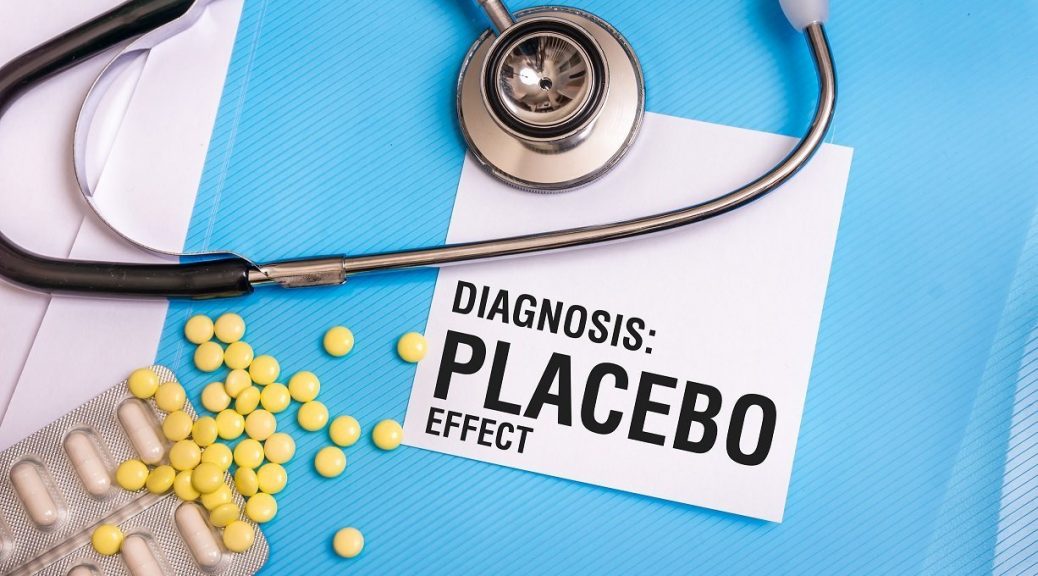- Home
- Product
- Patient
- Order Online
- Prescription Quote
- Collect at your Pharmacy
- Find a Pharmacy
- Find a Integrative Doctor
- Track my Medicine
- What is a Compounding Pharmacy?
- Child Friendly Medication
- Vet & Animal Compounding
- Easy to Swallow Pills
- Motion & Seasickness
- Medication without the Additives
- Unavailable Medications
- Schedule 8 Shipping Waiver
- Pharmacists
- Prescribers
- Shop
- FAQs
- About
- Careers
- Contact Us
- Home
- Product
- Patient
- Order Online
- Prescription Quote
- Collect at your Pharmacy
- Find a Pharmacy
- Find a Integrative Doctor
- Track my Medicine
- What is a Compounding Pharmacy?
- Child Friendly Medication
- Vet & Animal Compounding
- Easy to Swallow Pills
- Motion & Seasickness
- Medication without the Additives
- Unavailable Medications
- Schedule 8 Shipping Waiver
- Pharmacists
- Prescribers
- Shop
- FAQs
- About
- Careers
- Contact Us
Routine prescribing of placebos – new study suggests it could be the future

The puzzling medical phenomena of the placebo effect has been well known in the medical community for many years, however a new body of research suggests that, contrary to previous thinking, the effect may still work even when the patient knows they’re taking a pill that contains nothing more than sugar.
Four small trials conducted by two Harvard professors, Ted Kaptchuk and Franklin Miller, found statistically significant therapeutic benefit in prescribing placebo pills for a range of health conditions, even when the patient had been fully informed that the medication was entirely inert. The results of the trials have been published in The British Medical Journal.
The findings open up intriguing possibilities for health care practitioners who had previously been faced with the ethical dilemma of deceiving the patient about the nature of the medication they were prescribing.
Four studies, each involving around 60 people each, were conducted to investigate the effect of placebos in the treatment of irritable bowel syndrome (IBS), chronic back pain, cancer-related fatigue and episodic migraine. In each of these four studies, half the participants were asked to continue with their usual medications and treatments and half, knowingly, took the placebo pills containing no active ingredients.
The results from the IBS study were the most intriguing with the placebo-taking group reporting a 60{648ff2b140dd79f8b10f01740237e66061b7c0f8b396ba52d99047c684c8722c} global improvement in their symptoms, while those in the group taking their usual medication only reported a 35{648ff2b140dd79f8b10f01740237e66061b7c0f8b396ba52d99047c684c8722c} improvement.
A 28{648ff2b140dd79f8b10f01740237e66061b7c0f8b396ba52d99047c684c8722c} reduction in pain was reported by participants in the chronic back pain trial compared to just 9{648ff2b140dd79f8b10f01740237e66061b7c0f8b396ba52d99047c684c8722c} in the control group. Similar results were reported in the cancer-related fatigue trial.
The episodic migraine trial produced interesting results, with participants reporting improvement of 15{648ff2b140dd79f8b10f01740237e66061b7c0f8b396ba52d99047c684c8722c} when taking the placebo and 15{648ff2b140dd79f8b10f01740237e66061b7c0f8b396ba52d99047c684c8722c} deterioration in symptoms when they stopped taking the placebo.
While Kaptchuk and Miller concede that the trials were small and similar results may not be replicated in large scale clinical trials, they say the findings warrant further investigation.
“The psychological mechanisms underlying the observed effectiveness of open-label placebo are unclear…” they said in the paper, “…But the results were statistically significant and intriguing.
The authors speculated that based on the results, placebo treatment might be effective in managing other health complaints such as nausea, pain, hot flushes and fatigue, however much more research still needed to be done.
This article is for information purposes only and should not be substituted for professional medical advice. Always consult a fully qualified and registered health practitioner for treatment and advice concerning your individual health care needs.
